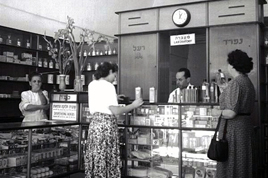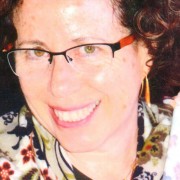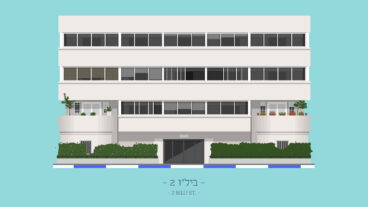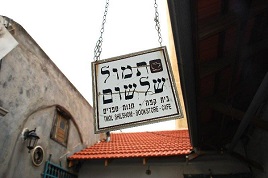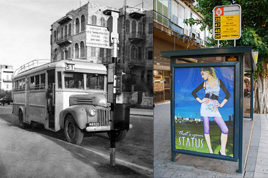Last week, Hebrew University’s School of Pharmacy celebrated its 60th anniversary with an alumni gathering. Established in 1953 and located on the Ein Kerem campus at Hadassah Hospital, the School of Pharmacy is among the world’s leading schools in training pharmacists and carrying out basic research in drug science.
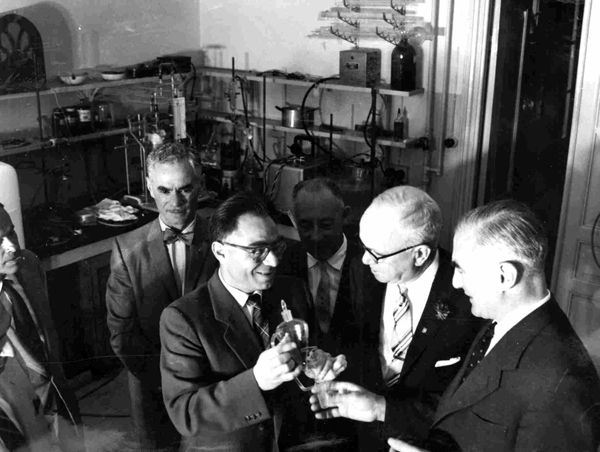 In advance of the reunion, the School set up a Facebook page for alumni offering much nostalgia and related trivia. Did you know, for example, that the founder of the founder of the first Jewish pharmacy in pre-State Land of Israel was Yehoshua Wolfensohn (1851–1924)?
In advance of the reunion, the School set up a Facebook page for alumni offering much nostalgia and related trivia. Did you know, for example, that the founder of the founder of the first Jewish pharmacy in pre-State Land of Israel was Yehoshua Wolfensohn (1851–1924)?
This fact is, however, disputed in a book entitled Historic Prescriptions by Amnon Michlin, a collection of documents (in Hebrew only) from pharmacology’s early days in the Land of Israel. Michlin writes that one Ezekiel Mandelman may have, in fact, been Jerusalem’s first pharmacist. He also questions whether Wolfensohn indeed received a degree in pharmacology from the American University in Beirut. What is for certain is that Wolfensohn — scion of an illustrious rabbinic family that arrived as part of the First Aliya — lived a long life, mainly having earned his living not as a pharmacist but as a flour mill owner in Petah Tikva, where he was buried.
 A biographical description (in Hebrew) of Yehoshua Wolfensohn by Eli Eshed is available here.
A biographical description (in Hebrew) of Yehoshua Wolfensohn by Eli Eshed is available here.
The Facebook page also has an album of class photographs that, like all others in this genre, provides hours of interest.
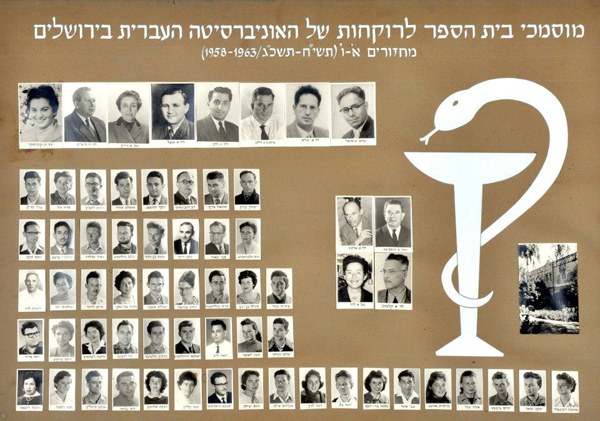 The school has always stressed the importance of the pharmacist’s role beyond being simply providing drugs. This point is driven home in a short video clip prepared for the reunion that serves, in part, as a eulogy for the late Hezi Ezra, who was for decades the neighborhood pharmacist in Tel Aviv’s Montefiore neighborhood. When Ezra died this past spring, resident’s responded with a spontaneous memorial, pasting letters, homages, poems and pictures on the glass shop window.
The school has always stressed the importance of the pharmacist’s role beyond being simply providing drugs. This point is driven home in a short video clip prepared for the reunion that serves, in part, as a eulogy for the late Hezi Ezra, who was for decades the neighborhood pharmacist in Tel Aviv’s Montefiore neighborhood. When Ezra died this past spring, resident’s responded with a spontaneous memorial, pasting letters, homages, poems and pictures on the glass shop window.
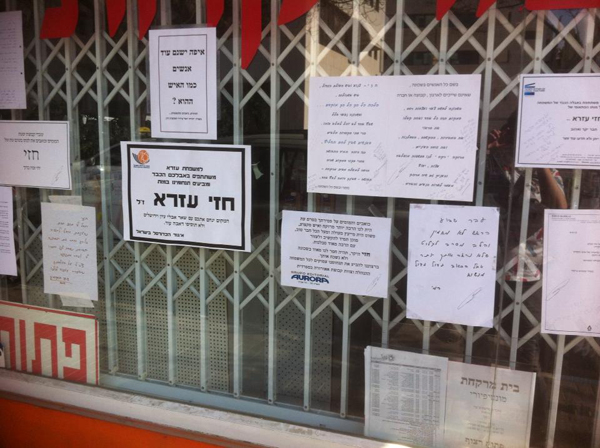 The School not only trains its graduates for professional practice in the pharmaceutical industry, providing them with a scientific and professional basis, it also offers higher education in pharmacology, medicinal chemistry and pharmaceutical sciences, as well as a doctoral degree in Clinical Pharmacy. Last year, the first 15 graduates of the program received their PharmD degree — the equivalent in pharmacy of a doctor of medicine degree.
The School not only trains its graduates for professional practice in the pharmaceutical industry, providing them with a scientific and professional basis, it also offers higher education in pharmacology, medicinal chemistry and pharmaceutical sciences, as well as a doctoral degree in Clinical Pharmacy. Last year, the first 15 graduates of the program received their PharmD degree — the equivalent in pharmacy of a doctor of medicine degree.
This is highly significant for a country where pharmacists like Hezi Ezra are relied on for diagnoses more than are physicians.
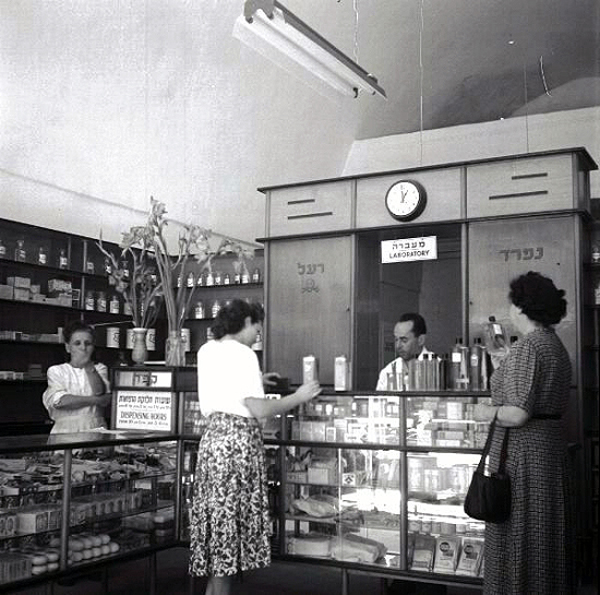 In conjunction with the 60th reunion, the School of Pharmacy also announced that it will establish a new Center for Pediatric Therapeutic and Pharmaceutical Research.
In conjunction with the 60th reunion, the School of Pharmacy also announced that it will establish a new Center for Pediatric Therapeutic and Pharmaceutical Research.
The pressing reason for this center, according to a School of Pharmacy release, is that when it comes to drug development, kids are left out of the equation.
According to Prof. Simon Benita, director of the Hebrew University’s School of Pharmacy and head of its Institute for Drug Research, “People do not fully understand the importance delivering specialized drug therapy in children. There are very serious diseases that affect children such as cystic fibrosis and muscular dystrophy, which have no cure. Our research will not engage in finding a cure for these diseases, but will investigate how to effectively deliver medications in order to provide relief to the young people suffering from these diseases.”
The center will address incurable diseases, particularly those of a genetic nature; building new models for testing drugs without needing to conduct clinical trials in children; and exploring methods of synthesizing molecules appropriate for children.
According to the University, half a million dollars have been raised so far but additional funds are needed to help establish the Center.
Perhaps some of those funds will come from developments at the Institute for Drug Research which brings together researchers from a range of disciplines relevant to pharmaceutical development.
IDR has had several success stories over the years, meaning patented inventions that have been commercialized by Yissum, the University’s technology transfer arm. These inculude PerioChip® a sustained-release delivery system for treatment of periodontal diseases; Exelon®, a medicine prescribed as a treatment for people in the early or middle stages of Alzheimer’s disease; Cationorm®, an emulsion that reproduces tear mechanisms for patients suffering from dry eye symptoms; LO2A for treatment of dry eye induced conjunctival damage; Supra-Vir for treatment of herpes simplex virus infections of skin and mucous membranes and others.
Here’s wishing the School of Pharmacy another 60 years of success… and a blockbuster drug patent to fund the new center. After all, it only takes one!
Photos: Hebrew University School of Pharmacy, Nostal.co.il




